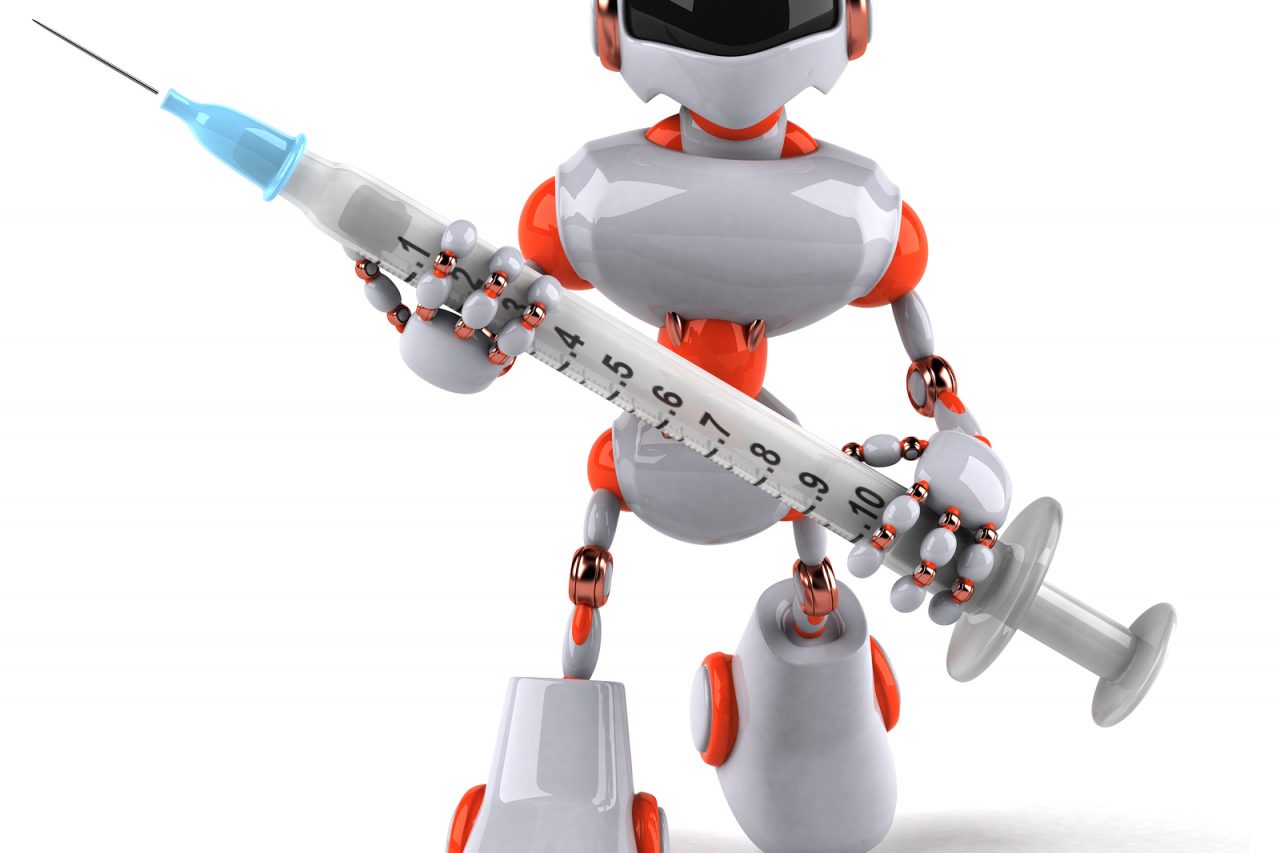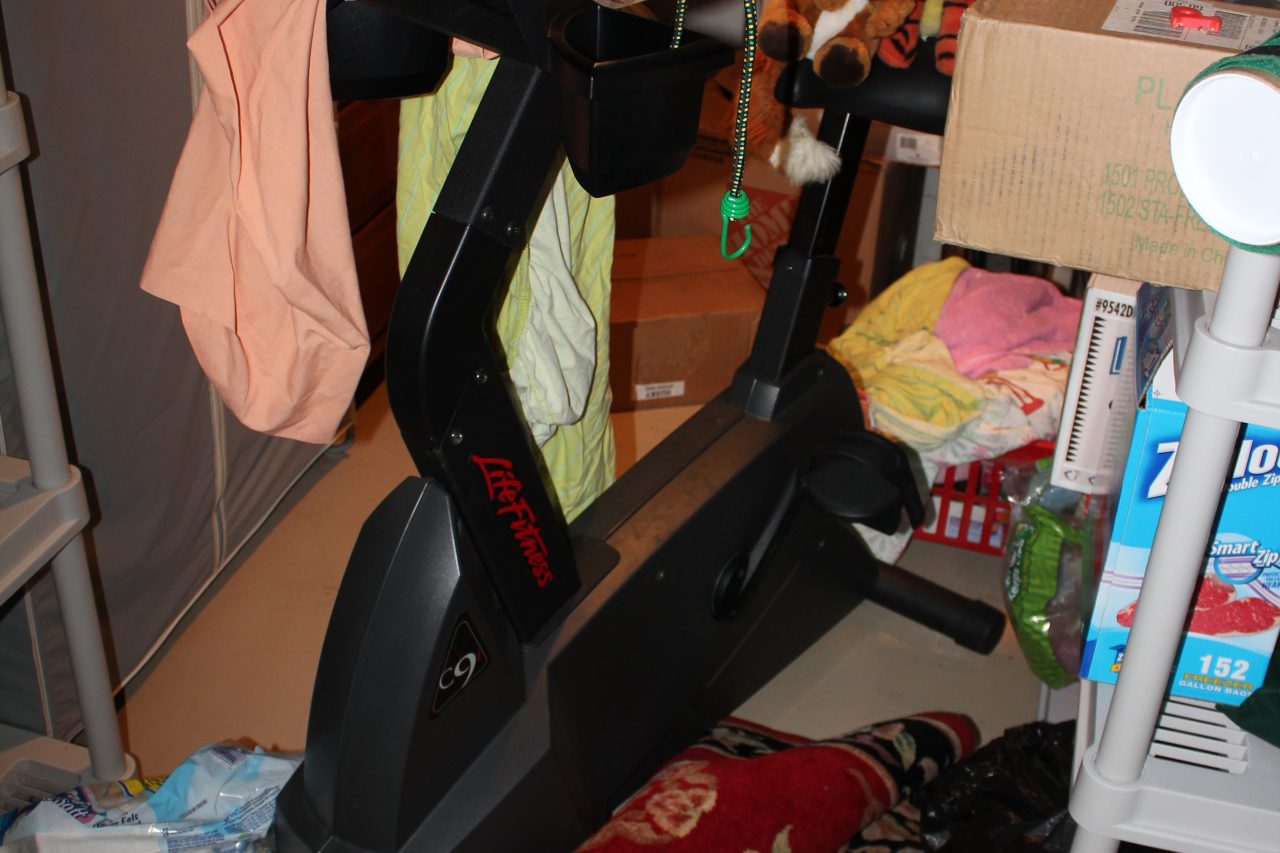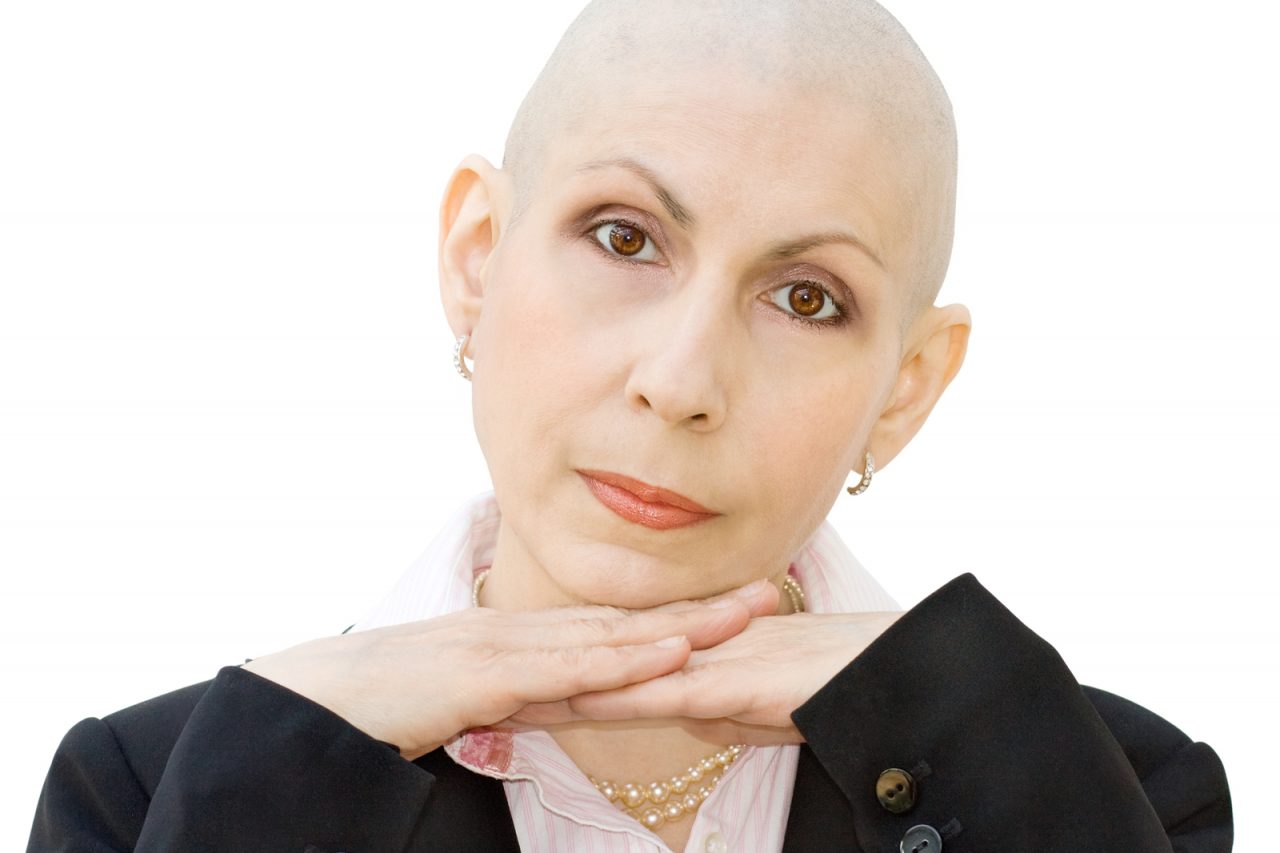After a terribly painful and debilitating illness, Steve died. He had been treated for Stage 2 Hodgkin’s Disease with a series of intense therapies including German enzymes, American antineoplastins, Mexican naturopathy and Chinese Herbs, complemented by focused meditation, innumerable vitamins, extreme diet modification and acupuncture for severe pain. He fought the cancer with every ounce of his being, doing everything to survive, except the one thing that had an 85% chance of cure; chemotherapy.
I was struck this week by a comment on my website, which bemoaned the highly disorganized state of “alternative medicine” in this Country and in particular the “paltry sums” for alternative research funding by the National Institutes of Health (NIH). The writer suggested that not only could the quality of health be improved with alternative medicine studies, but would go a long way towards saving health care dollars.
It seems to me that the idea that we need more Complementary and Alternative Medicine (CAM) research goes right to the core of the confusion between so called “conventional medicine” and CAM. There is a major difference between the medicine practiced by board certified, classically trained physicians and that of alternative practitioners. That difference is research and data.
If an MD or DO is treating a cancer patient and that patient asks to see or understand the basic science and clinical studies which support the recommended therapy, that published data is readily available. Standard oncology treatment goes through 10-20 years of research, from the test tube, animal studies and through a series of supervised human multi-phase trials, until it is approved and offered to patients. Each step is refereed by competing and critical PhD and physician scientists and must be published in peer-edited journals for general review and criticism, all of which is public and transparent. Where it is not, and when people attempt to manipulate or falsify the system or data, massive blowback eventually occurs.
Alternative medicine, by its very definition, means that it is an alternative to this system of scientific analysis. Essentially, anyone can come up with an idea and without any of the above research steps, provide it to patients. If I decide that sunshine enhanced lemon juice can kill cancer because it is acidic and cancer hates acid, then I can start selling it in pill form tomorrow. If you look at a long list of CAM therapies, that is what they have in common … the shortcut from idea to bedside.
CAM treatments may have long respected histories. Some, like Chinese Traditional Medicine, Ayurvedic Medicine of India, American Homeopathy or Acupuncture, are hundreds or even thousands of years old and have millions of adherents who believe it has helped or even cured them. Often the most vocal support comes from individual patients regarding their own experience with an alternative treatment. Scientists believe that individual case reports are poor substitutes for the objective analysis of hundreds of patients in experimental trials. All CAM therapies have limited or no published research to explain the science of these therapies or to prove they work any better than placebo.
When proper research is performed, certain alternative treatments are found to have value. Vitamin D (with calcium) seems to improve bone density. Acupuncture can treat migraines and prevent chemotherapy-induced nausea. Chiropractic is more likely than orthopedic surgery to return patients with routine back pain to employment. Exercise helps depression and decreases the likelihood that breast cancer will relapse. On the other hand, randomized trials have shown that laetrile (amygdalin) has no anticancer activity and that Vitamin C does not prevent or blunt upper respiratory infections any better than sugar pills.
A key question is that just because the research supporting CAM therapies is limited, does that make them bad? Not necessarily, but it does mean that when choosing such a method of care, patients need to understand they are making the decision based not on a step-by-step scientific process, but on unproven theory. It comes down to trust in the CAM practitioner, because no one, not the person providing the treatment, the patient’s primary physician, nor the patient, has any objective evidence to show that the therapy may help or hurt.
Patients have many reasons to choose alternative treatment instead of or in addition to conventional medical care. The most obvious is the powerful desire to do everything possible to fight the disease, to leave no stone unturned. The need to control one’s destiny, especially if confronted by doctors or a medical system, which seems impersonal, cold and uncaring, drives many patients to seek a different path. Many patients distrust conventional medical care, and most Americans believe conventionally trained doctors either deliberately or by ignorance fail to offer reasonable alternative therapies. For some there is deep mistrust in the objectivity of the “physician-medical school-pharmaceutical-government complex.” Traditional religious, superstitious and pseudoscientific reasoning support the CAM decisions of many patients.
Like most physicians, I have seen many patients hurt by CAM therapies. Some by obvious side effects, such as the woman whose breast fell off after receiving a poultice or the man who had such severe nerve damage that he never walked again. Others delayed life saving therapy with horrible result. Many spent their last dollars without benefit. Finally, other patients undoubtedly experienced side effects and perhaps increased cancer growth because we simply do not have the data on alternative therapies to understand what to expect.
CAM therapies are an alternative to conventional medicine. As we do research on each concept, it will not longer be alternative medicine, but proven or not will fall under studied medical science. I absolutely agree with the comment on my blog that we need to do more experimentation on any therapeutic concept for which there is a reasonable scientific base. Every hypothesis, every dream, every hope must be considered. Nevertheless, until ideas are subjected to the light of scientific scrutiny, each patient and family must understand that by alternative we do not mean a therapy which is proven, but out of the mainstream; by alternative we simply mean unknown.







15 Comments